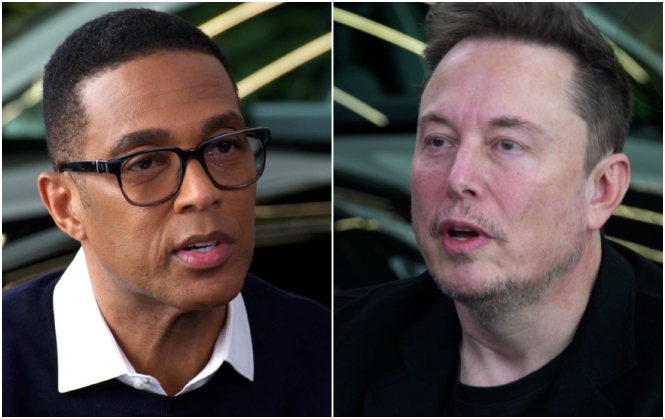A San Francisco judge has ruled that former CNN anchor Don Lemon may proceed with his lawsuit against billionaire tech mogul Elon Musk and his social media platform X (formerly Twitter) over a scrapped media partnership that was intended to relaunch Lemon’s career via a high-profile interview series.
Judge Harold Kahn issued the ruling last week, denying Musk’s attempts to dismiss the case or move it to Texas, where Musk’s companies are headquartered. The decision paves the way for a trial over Lemon’s claims that Musk and X committed fraud by false promise and violated an implied contract after canceling the collaboration within hours of an already-taped interview.
The lawsuit, filed in August 2024 in California Superior Court, centers around a highly anticipated deal between Lemon and Musk to premiere “The Don Lemon Show” on X. According to court documents, Lemon was promised editorial independence and “full authority and control” over his content. However, just after recording a combative interview with Musk in March 2023, Musk allegedly canceled the entire partnership.
“This ruling means Don can hold X and Musk accountable in open court,” said Carney Shegerian, Lemon’s attorney. “Musk is subject to the legal process just like everyone else, and that’s important. There’s no question about Musk’s motives and liability, as documented in his own texts and on X for millions to see.”
The suit seeks $1.5 million in damages, asserting that Lemon’s reliance on Musk’s promises led to substantial professional and reputational loss when the deal fell apart.
Background of the Case
The canceled show was supposed to mark a new chapter for Lemon after his departure from CNN in 2023, where he faced backlash over alleged workplace misconduct and sexist remarks, including controversial comments about former South Carolina Governor Nikki Haley. Despite public apology, Lemon’s image suffered, making the X deal a pivotal opportunity for career rehabilitation.
In the unaired interview, Lemon reportedly questioned Musk on controversial topics such as free speech policies, immigration, and Musk’s online support for conspiracy theories including the “great replacement theory”—a racist notion that minority populations are being used to “replace” white Americans. Musk later described the interview as “invasive and charged.”
“There were no restrictions on the interview that he willingly agreed to,” Lemon said at the time. “My questions were respectful and wide-ranging, covering everything from SpaceX to the presidential election.”
The suit also references Musk’s pattern of impulsive decision-making at X, which has included restoring previously banned accounts such as that of former President Donald Trump, despite significant public and advertiser backlash. Lemon’s team argues that Musk’s abrupt termination of their deal was part of a broader pattern of erratic leadership that conflicts with the platform’s stated values around free expression.
Legal Implications and Next Steps
The case now moves toward pre-trial discovery, where Lemon’s attorneys may subpoena internal communications between Musk and his executive team to establish whether there was a binding agreement and whether Musk’s actions constituted bad faith.
The decision to allow the case to remain in California also deals a blow to Musk’s legal strategy, as his companies—including Tesla, SpaceX, and X—have frequently sought to centralize litigation in more favorable jurisdictions such as Texas.
Legal experts say the case could set a precedent for how implied contracts are interpreted in tech-media partnerships, particularly in fast-evolving digital spaces where traditional contract structures are often eschewed.
As of now, Musk and X have not issued a public response to Judge Kahn’s ruling.

